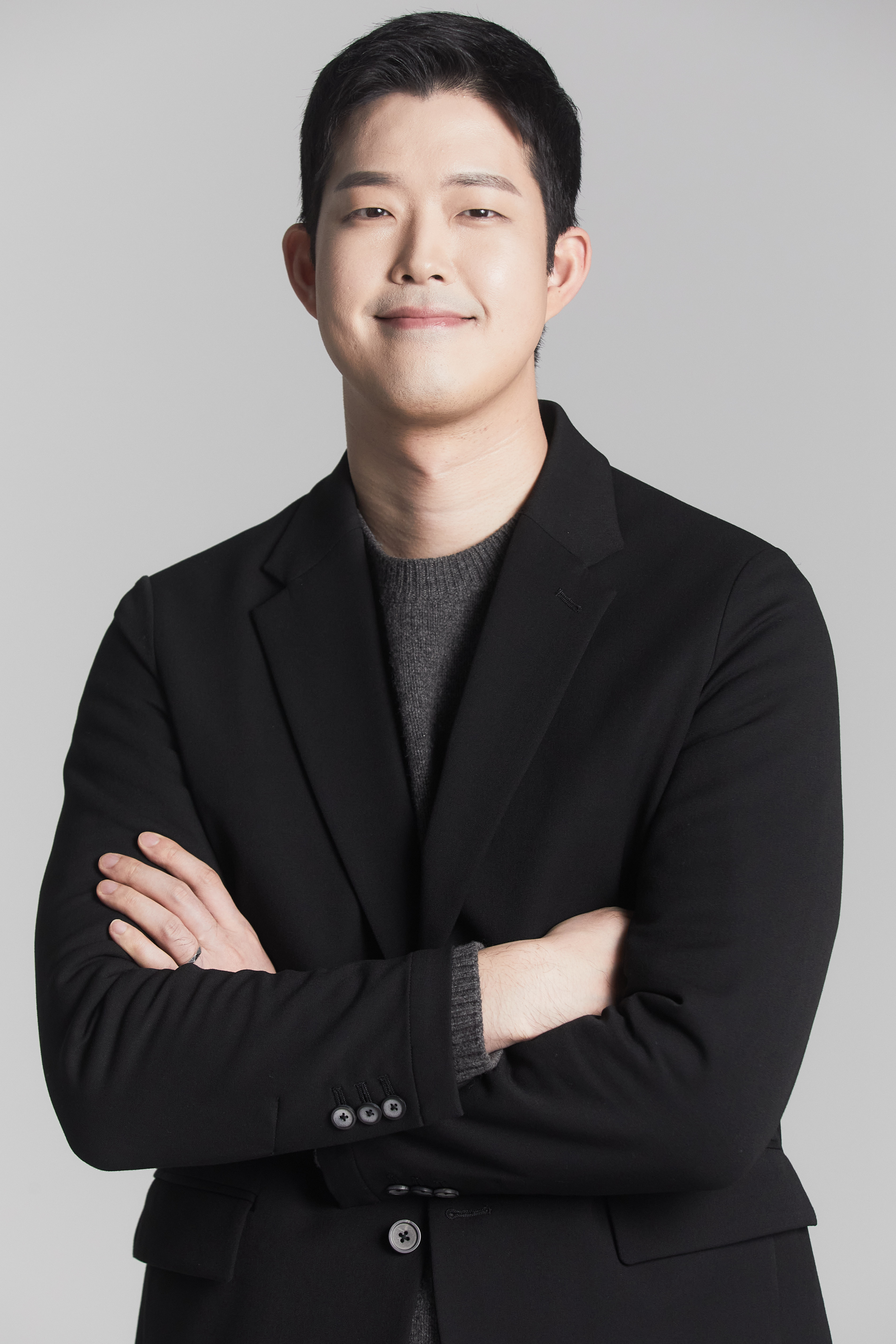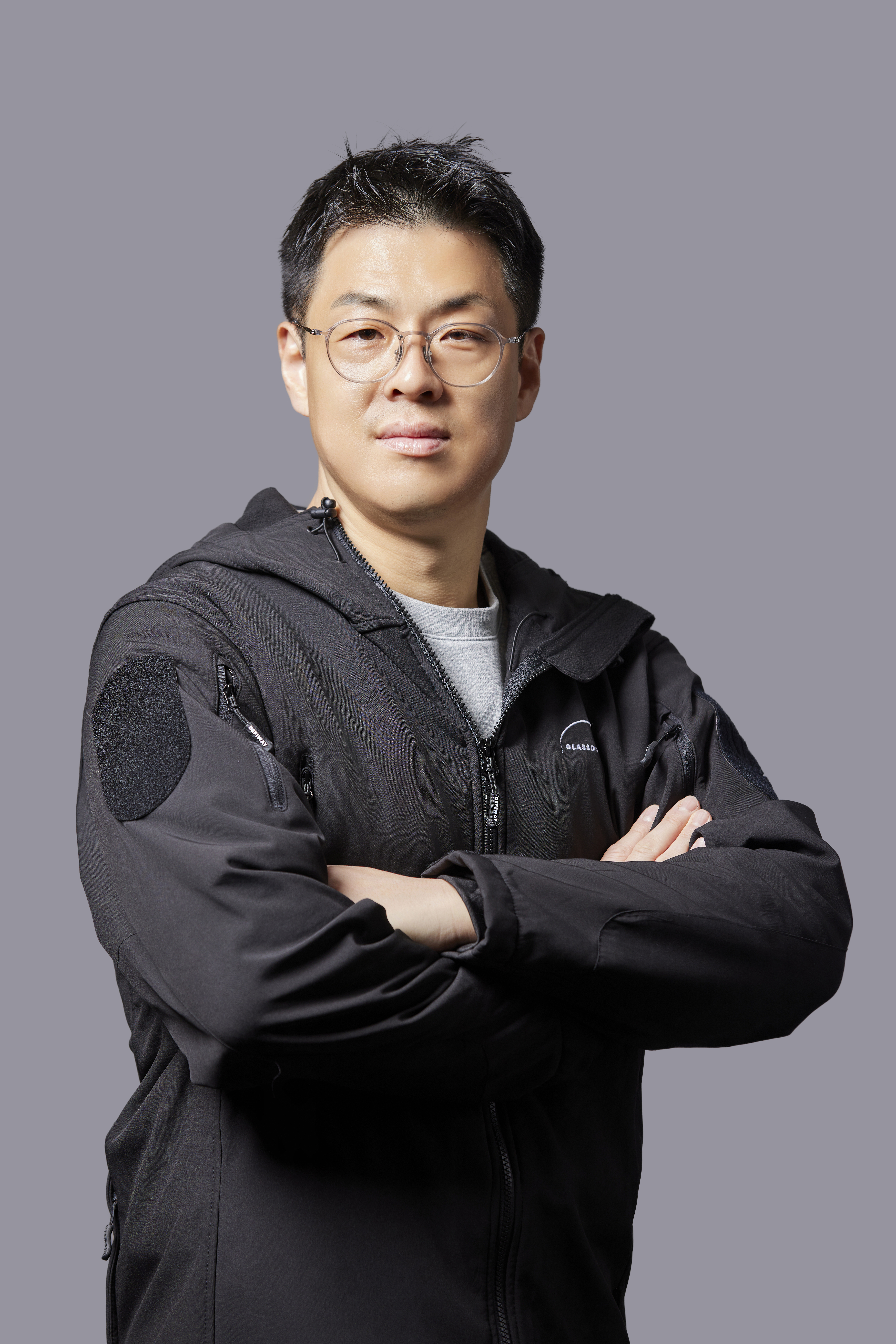
South Korea — home to large industrial conglomerates such as Samsung, LG, Hyundai and SK Group — also hosts a number of emerging startups creating software tools for large corporates.
Many of these are getting backing from Korean corporate investors either through partnerships or equity investment. Global Corporate Venturing spoke to two companies — AI tool provider Superb AI and carbon tracking platform Glassdome — that have recently raised funding and are using this domestic support as a springboard to push into the US and European markets.
The Korean innovation ecosystem is seeing a surge in large corporations launching corporate venturing arms, which are looking to invest in and partner with tech startups.
Webinar: Pop, Beauty and chips: How to invest in South Korea

There has been growing awareness of South Korea thanks to the global popularity of K-Pop, K-Drama and K-Beauty treatments. Expertise in semiconductors, electric vehicles and AI are also attracting investors. The South Korean government, too, has relaxed regulations to make it easier for corporates to invest in local startups and for foreign investors to enter the market.
But what do investors entering the South Korean market need to know?
In this webinar, a panel of investors familiar with the Korean market will discuss:
- What is the best way to start?
- What local market quirks need to be understood?
- What are the best ways to source promising deals?
- Which startup sectors are offering the most promise right now and which ones are overdone?
Sign up here to secure you place
“Our investors such as Doosan, Hyundai Motors, KT and Kakao are all very active in seeking business partnerships and growing together with us,” says Hyun Kim, co-founder and CEO of Superb AI.
Glassdome’s chief business officer Jinki Ham adds that it has been able to use its partnerships with Korean corporates to move into overseas markets faster. “We can use their international strength and networks to our advantage while they take advantage of our nimbleness and technology. That helps us quickly gain enterprise experience and a global footprint,” he says.
Superb AI — tools for building custom AI
All companies are excited about AI and machine learning tools, but using these often requires expert knowledge or coding.

“Only companies that have in-house AI or software engineers can benefit from these tools, whereas those in sectors like manufacturing, logistics, construction or defence that lack in-house engineering expertise are unable to use them,” says Hyun Kim (pictured left), co-founder and CEO of Superb AI.
To solve this issue, Superb AI, founded in 2018, has created automation technology and a no-coding interface to make it easy for laymen to use its platform to build custom AI systems.
“This has huge potential because it can unlock the domain expertise of professionals in those sectors and transform them into customised, domain-expert AI models,” Kim says.
A couple of weeks ago, Superb AI completed its $10.2m series C round led by Doosan Investment, part of conglomerate Doosan. It included carmaker Hyundai Motor Group as well as Samsung Next, KT Investment and Kakao Investment, the CVC units of Samsung, KT and Kakao. Private equity firm Premier Partners filled out the investors.
The company will use the fresh funding to expand its AI model types and deployment environment. “The platform will allow customs to build not only vision detection models but also generative AI and multimodal AI models,” Kim says.
“We’re rolling out an on-premise version of our platform so that customers with sensitive data or limited network availability can leverage it to build and deploy custom AI.” With this update, companies can store the data on their own servers rather than relying on cloud storage.
Many of the companies that backed Superb AI’s series C round are also engaging with the startup on business and strategic partnerships. Kim cannot name specific companies yet due to non-disclosure agreements but says some of the manufacturing departments are adopting his company’s platform to build customised product quality assurance, such as visual inspection, systems and safety monitoring systems.
“We’re not only delivering MLOps platform to our corporate partners but also engaging from a business development angle,” Kim says. Superb AI is building joint products with its investors and partners, adding advanced AI capabilities to existing products or business lines.
“AI systems are complex and it’s difficult for one company to build everything,” he says. “We bring to the table highly efficient MLOps and AI development software, and our partners bring anything from computing hardware and network to B2B or B2C products and services that can be coupled with AI.”
The company has offices in San Matteo, California, as well as in Seoul and Tokyo.
Glassdome — AI for decarbonisation
Glassdome, meanwhile, is a startup developing a carbon tracking platform for manufacturers in a range of industries, including food and batteries. It is backed by investors including blockchain technology group Dunamu and conglomerates SK and Lotte (through its Lotte Ventures unit).
Founded in 2019 Glassdome, like Superb AI, has established an international presence early. Although it has South Korean roots, Glassdome is headquartered in the US state of Washington and is launching an office in Munich, Germany this autumn.

Companies in the European Union, especially those working with automotive original equipment manufacturers, must comply with regulations like the EU Battery Directive and the Carbon Border Adjustment Mechanism. Under these directives, EU companies are required to calculate their product carbon footprint (PCF), measuring greenhouse gas emissions associated with the lifecycle of a product from raw material extraction to disposal.
Glassdome also provides a continuous improvement (CI) platform that extracts data in real time from machines and production processes.
Glassdome chief business officer Jinki Ham (pictured right) says the company is closing two deals with US companies that want to use the CI products.
This international business comes on top of extensive business collaboration with the company’s South Korean investors, such as SK Group.
“Glassdome is not only collaborating with SK affiliates but also in external business areas through a strategic partnership with the SK net-zero business team using our PCF solution,” Ham says.
Having carried out a PCF project with SK’s lithium-ion battery arm, SK IE Technology, Glassdome plans to supply the tool to other SK affiliates.
Additionally, Glassdome is engaged in projects with Lotte. “We are concluding a PCF project at the Lotte Infracell (formerly Lotte Aluminum) factory in Korea and are discussing an expansion to their Hungary factory next year. We have also secured a manufacturing process optimisation project for Lotte Wellfood, introduced by Lotte Ventures, which is nearing completion.”
The company is expecting to start raising series B funding in the fourth quarter of 2025.



